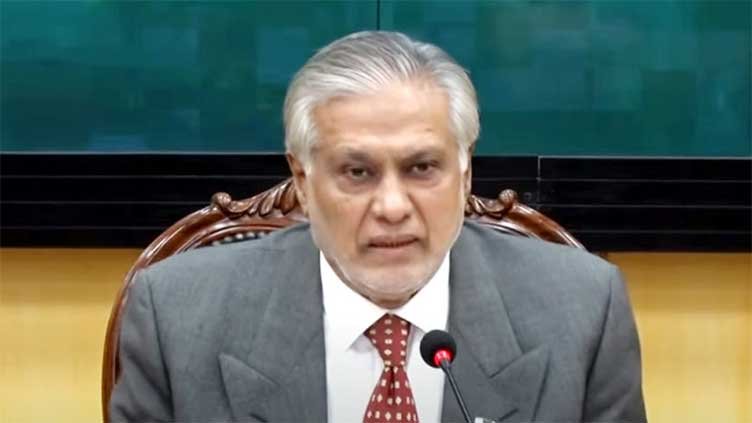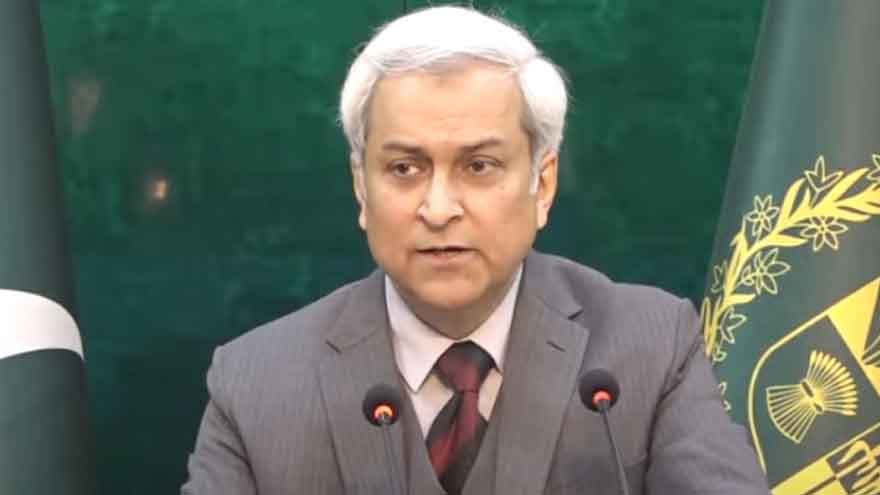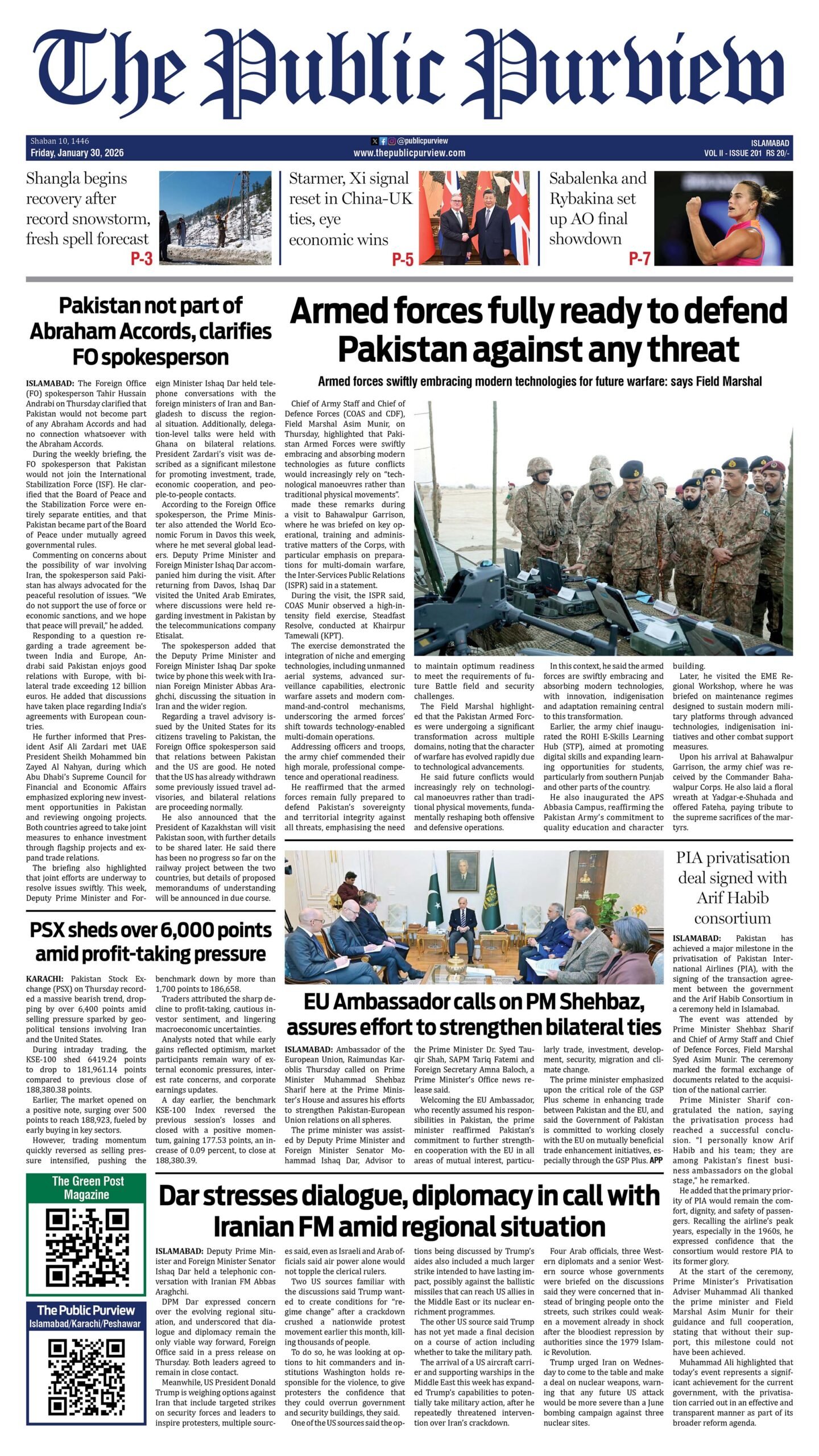KARACHI: The European Union (EU) has clobbered China with hefty taxes in the electric vehicle (EV) sales battle. The move which came despite internal schisms reveals a deep-seated protectionist impulse that threatens to undermine cooperation between China and the EU.
Cheaper EVs and other products of China pose a serious threat to the EU and the US where Chinese-made EVs are gaining more popularity in comparison with costly European and American EVs. The EU has to take some strict initiatives to protect its struggling industry after a two-year tussle.
The 27-nation EU bloc has imposed duties to tackle the dominance of Chinese EVs that threatens industries of the EU and the US. The duties will likely come into force on October 31 and last at least five years.
Auto sector expert and dealer Mohammad Sabir Shaikh asserted that it is China which has brought about genuine regulations after conducting massive research and development (R&D) work in EVs as Chinese are now scientists instead of producers of replicas as practiced in the past.
Chinese products are cheaper because the country is capable of making mass production – earlier the West was capable of this [mass production] – and above all Chinese labour is less expensive than that of the West.
China has a huge industry and production capability. It has captured large domestic and international markets and is engaged in stiff competition with the EU and the rest of the world.
For the last 50 years, Europe, Japan, the US and Canada prevailed in global markets for fuel-driven vehicles. Now, China’s EVs and motorbikes are dominating the markets with exciting and durable features.
France24 television network quoted Beijing’s commerce ministry as saying that EV tariff parleys in Brussels have ended with major differences as Brussels decided to slap new tariffs on imports of Chinese-made electric cars.
Representatives from Beijing and the European bloc have held eight rounds of talks in Brussels since September 20.
“There are still major differences between the two sides,” a ministry statement said, adding that it has invited EU negotiators for further discussions.
The two sides are major economic partners, but have butted heads in recent months over Beijing’s generous subsidies for its domestic industries. Brussels argues that the support undermines the principle of free competition and helps drive down prices of Chinese exports, undercutting European competitors.






 Today's E-Paper
Today's E-Paper